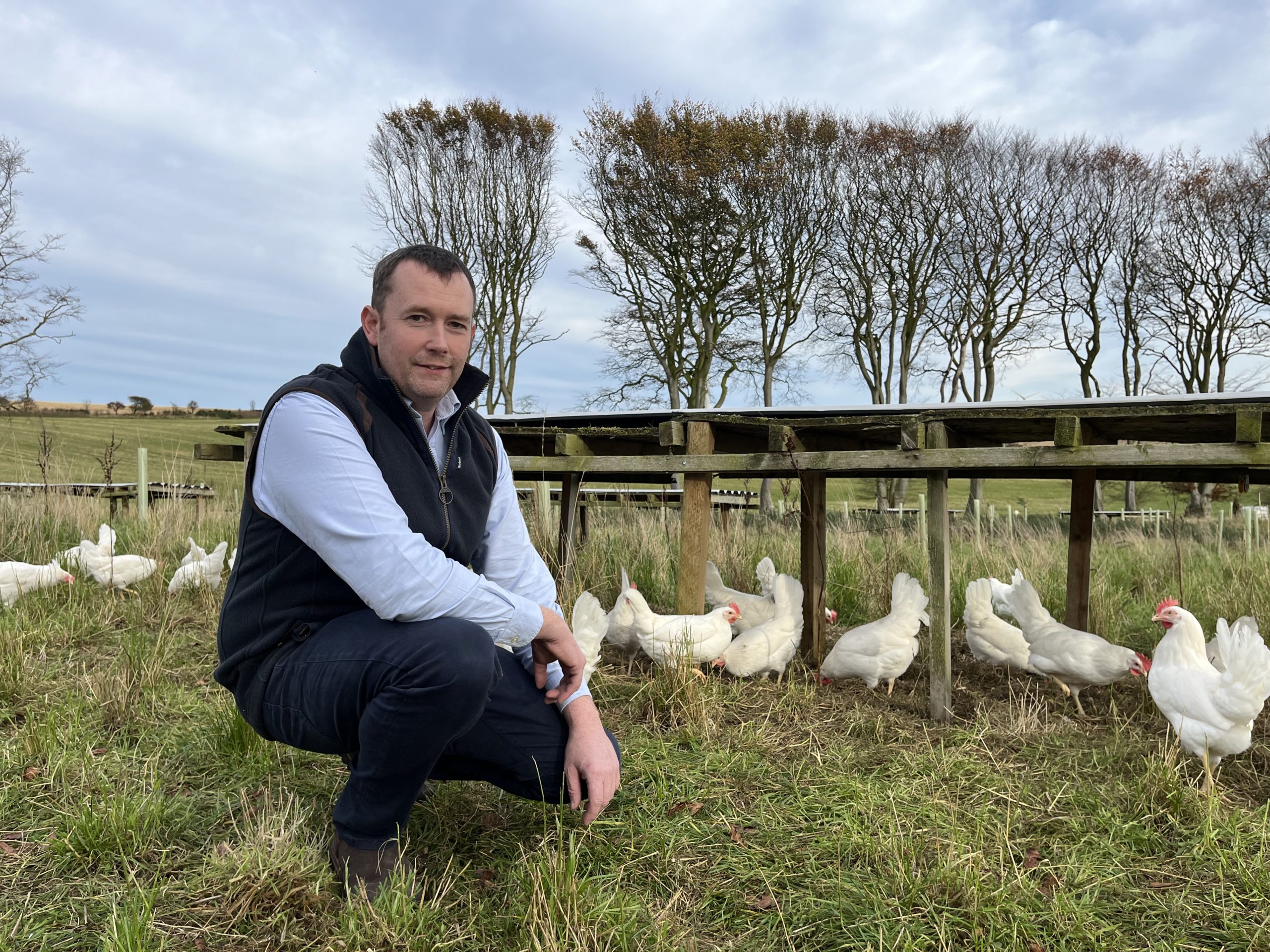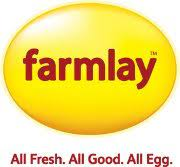A THIRD-generation egg producer has welcomed some aspects of Defra secretary Steve Reed’s so-called “new deal for farmers.”
However, managing director of Farmlay Iain Chapman, stopped short of giving his wholehearted support to the Secretary of State’s speech at last month’s Oxford Farming Conference because of the cloud of controversial changes to Inheritance Tax (IHT) hanging over the industry and worries about whether all the new initiatives will see the light of day in his home nation of Scotland.
Mr Chapman picked out the following positives from Mr Reed’s new vision for the farming sector:
- Making it easier for British farmers to get business from selling into the £5billion spent on public service catering contracts. Confirmed by Defra as an England-only policy at this stage
- Improving opportunities for farmers to make money from selling surplus energy back from solar panels and wind turbines; a UK-wide initiative
- New supply chain rules, ensuring contracts are set out clearly and that changes can only be made if agreed by all parties. UK-wide
“These would all be great news and – in some cases such as improving access to public service catering contracts – something that the industry has been banging on about for years,” said Mr Chapman.
“But my initial enthusiasm will be kept in check by the proposed farm IHT changes. In my opinion, the Government’s plans will stifle all farming businesses from expanding.
“On a personal note, although we have started on succession we have not completed and I am – along with many thousands of others – worried about IHT impact if the worst was to happen to any generation of a family farm.”
The Chapman family, whose Farmlay business is Scotland’s second largest egg producer, farm almost 3,000 acres of land near Strichen, in Aberdeenshire.
“My dad started out at 15 on his parents 130-acre farm. He had a dream of owning 100,000 hens and 1,000 acres of farmland. Farmlay as a business now owns more than 450,000 hens, with a further 550,000 owned by contract farmers.
“Although my father is an amazing man, it’s hard to imagine that sort of growth being possible if there had been the dark cloud of IHT hanging over him and other farmers.”
Reflecting on the aspects of Steve Reed’s OFC speech that caught his eye, Mr Chapman said in theory the issue of public sector procurement – monitoring where food is bought with the aim of making it easier for British farmers to access opportunities to sell produce into public service catering contracts – was “great news if it happens”.
With agriculture devolved in Scotland, ScotGov now has control over how the agricultural portion of the overarching budget is spent, although Westminster can steer direction of travel. A spokesperson for Defra has confirmed that the procurement policy is England only at this stage, rather than a national directive.
“NFUS has been talking about this for years but yet it always seems to come back to what’s cheapest,” said Mr Chapman. “It was disappointing to learn that at this stage Scotland isn’t included. If it had been, it could have been brilliant news for the whole farming sector.”
However, Defra has confirmed that the plans highlighted by the Minister to make it easier for farmers to make money from selling surplus energy back from solar panels and wind turbines will include Scotland.
“I am unsure how this would work, so will be following developments closely. It will be really interested to hear how Mr Reed will actually achieve this.”
Finally, Farmlay has been at the forefront of securing what has become widely known as a “golden age” for egg producers with fixed five-year rolling contracts with many major supermarkets.
So Defra’s fair supply chain guidelines, confirmed as UK-wide, caught Mr Chapman’s eye. New rules are due to come in for the pig industry in the spring, with the promise of other sectors such as eggs and fresh produce to follow.
“Yes, we personally have long term supermarket deals, but nobody can afford to get complacent. Food security is too serious an issue to leave to chance and hardly a day goes by in the news when this isn’t highlighted.
“Any new supply chain guidelines to support the UK farming industry’s world-leading field to fork story and help give us and other farmers security to expand is to be welcomed.”
Commenting after Steve Reed’s 25-year roadmap for farming Oxford speech, NFU president Tom Bradshaw said: “Many are worried about making it to the end of 2025, never mind what happens 25 years down the line.”
Changes to IHT relief for farms are due to take effect from April 2026.

